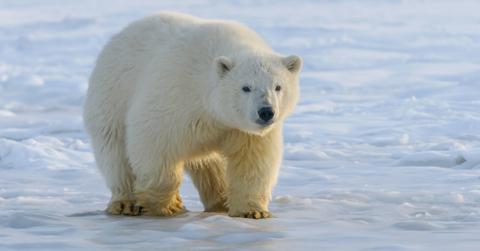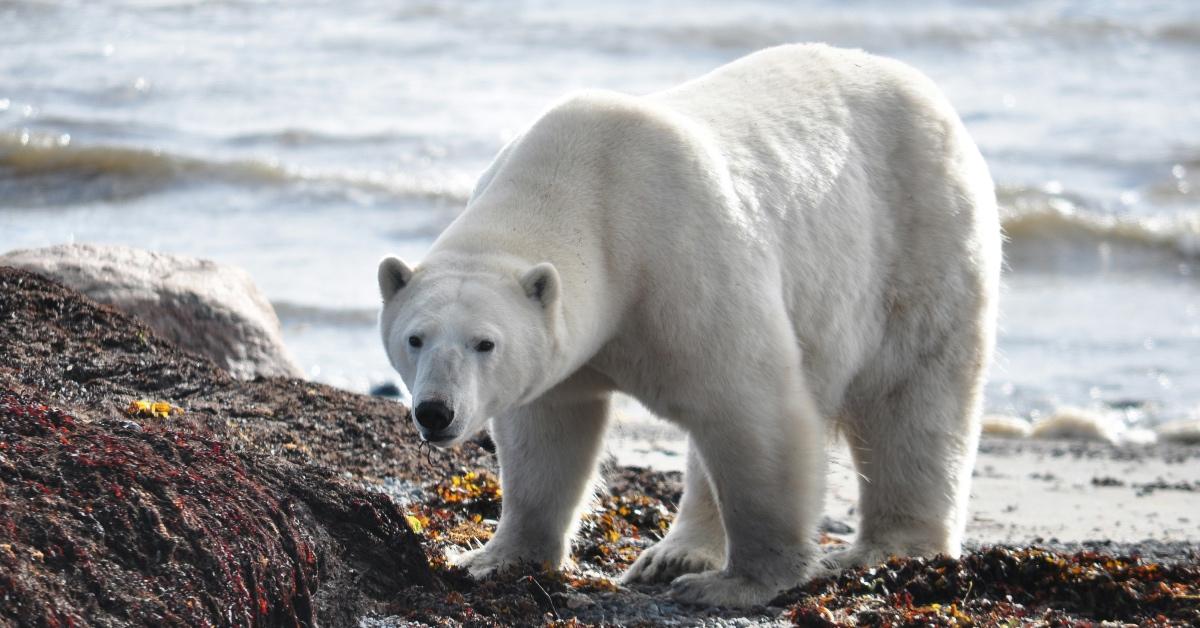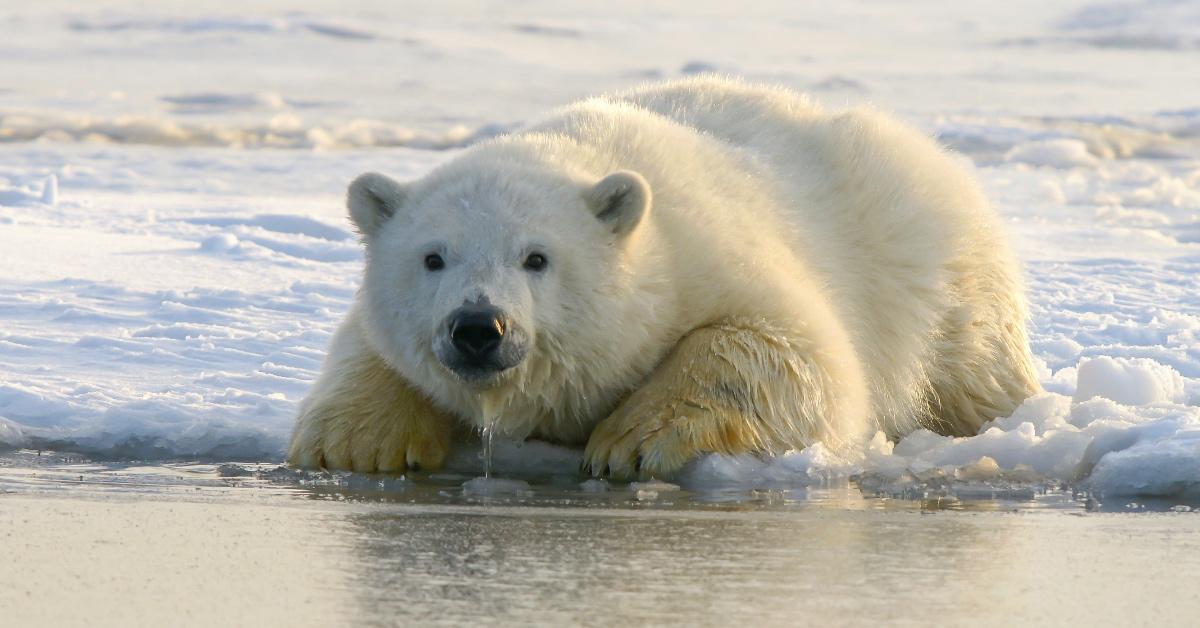Polar Bear Attacks Couple in Their Driveway — Why Polar Bears Are Coming Closer to Humans
Experts believe that climate change could shift when and where polar bears appear.
Published Dec. 6 2024, 1:28 p.m. ET
One of the more unexpected impacts of the ongoing climate crisis has been an increase in human-wildlife conflict. As humans move into animal spaces or animals are drawn into human spaces for food or shelter, terrifying consequences erupt. From shark attacks to bear attacks, these instances are dangerous for both humans and animals.
One couple from Fort Severn First Nation received a horrifying wake up call when a polar bear appeared in their driveway early on the morning of Dec. 3. Here's what you need to know about the situation.
A couple in northern Ontario were attacked by a polar bear in their driveway.
According to USA Today, the couple left their home at 5 a.m. to look for their dogs. When they encountered the polar bear, the bear immediately lunged at the wife, which prompted the husband to spring into action. According to a news release by the Nishnawbe Aski police service, the wife "slipped to [the] ground as her husband leapt on to the animal to prevent its attack," per the Guardian.
While the husband did sustain serious but non-life-threatening injuries to his arms and legs, a neighbor heard what was going on and proceeded to shoot the bear, drawing the attention of the local police. The bear withdrew and the husband was taken to a nearby medical center, where he is expected to make a full recovery.
Eventually, the police discovered the bear dead in the nearby woods.
According to the Guardian, Fort Severn is Swampy Cree First Nation and part of the northernmost part of Ontario, where polar bears frequent. That said, attacks and encounters so close to civilization are rare. Per Polar Bears International, a study from 2017 revealed that there have only been 73 confirmed polar bear attacks between 1870 and 2014.
The climate crisis is bringing polar bears closer to humanity than before.
Andrew Derocher, a professor of biology at the University of Alberta, told the Guardian that polar bears who are well-fed or healthy will rarely seek out areas with humans. However, a bear stranded, unhealthy, or otherwise in search of food is a "recipe for conflict."
In this instance specifically, the Guardian notes that in the area of the attack, sufficient ice hasn't formed for bears to search for food in the winter hunting season.
A study published on Feb. 13, 2024, in the journal Nature Communications echoes this sentiment and reveals that rapidly melting sea ice is causing problems for polar bears in the wild. Although the article also notes that polar bears are adaptable, and consumed "berries, vegetation, birds, bones, antlers, seal, and beluga," the findings "reinforce the risk of starvation" in polar bears.
The study's abstract also directly points to climate change as a result, noting, "Climate warming is increasing the duration that some areas of the Arctic are ice free, which in turn forces polar bears in these regions to move to land."


